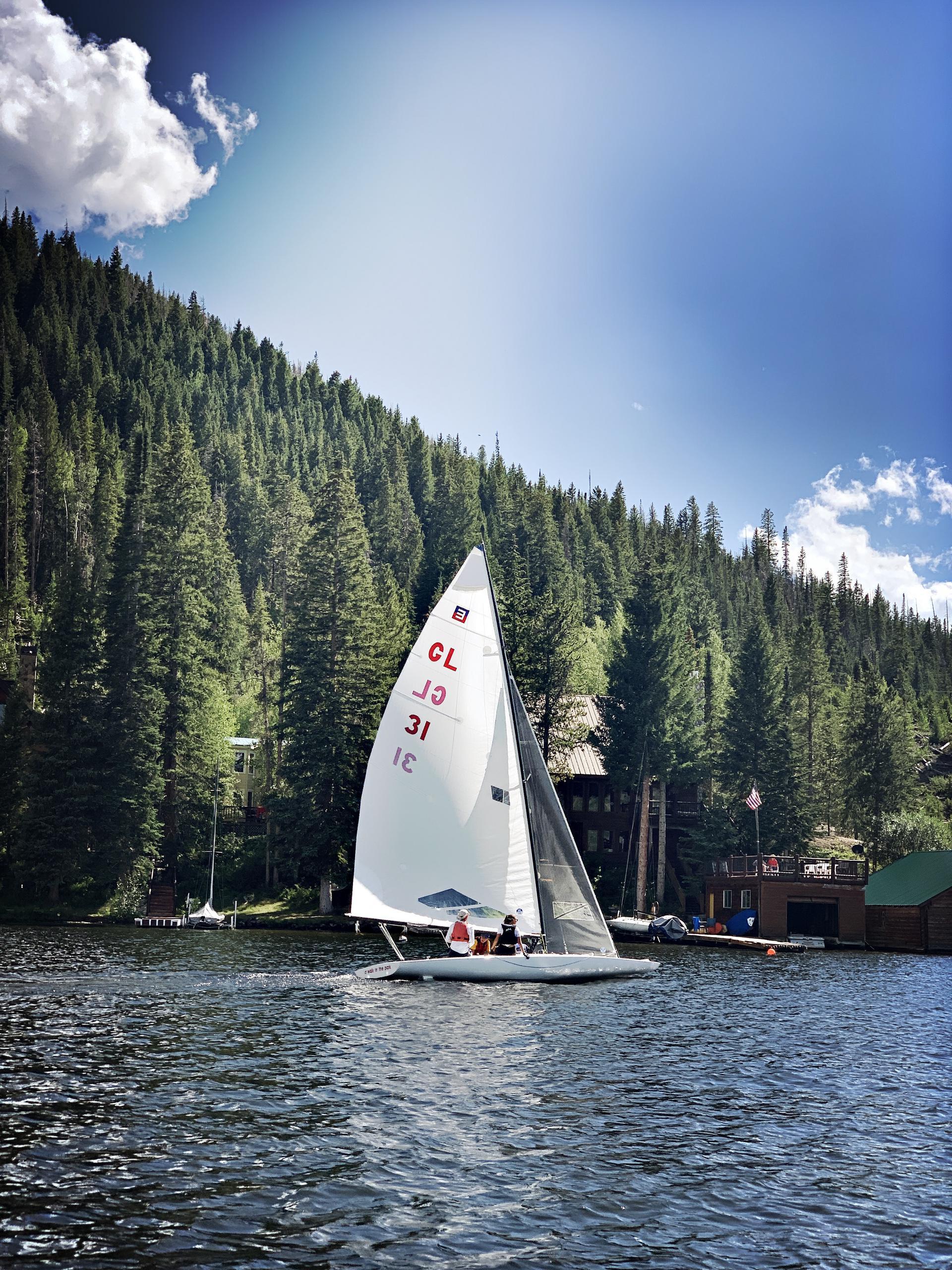We tend to downplay or even forget the things we’re good at, because they come easily for us. We can look right past our own super-powers or discount our biggest assets. Like wind behind a sail, they can be invisible, but still a powerful and guiding force.
Similarly, we can over-focus on our own weaknesses, because there is shame and fear around them. We can feel frustrated or discouraged and also isolated. Especially, when the weakness is something like reading or attention, the shame and isolation can be pervasive, affecting other areas of life outside of school.
Neuropsychological assessment helps to clarify one’s unique learning style, and from here, we can make a plan for accommodation and/or intervention as necessary, and also start to shift energy spent worrying about a weakness toward nurturing inherent strengths. Use the momentum of the thing that already has force, study it, learn from it, follow its trajectory.
As a neuropsychologist, I want my work to provide clarity and a sense of direction, ultimately bolstering hope for each individual’s learning trajectory. Clarity comes from using objective testing data to allow quantitative analysis of individual strengths and weaknesses. Sense of direction comes from using that data to provide specific recommendations. Hope comes from building awareness of one’s unique learning style, playing to their strengths and accommodating and/or intervening in areas of weakness.
It is important to me to provide a warm and approachable environment for the assessment, so that the experience is enlightening and empowering. I want clients to leave with specific information, a clear understanding of the testing data, and a coherent sense of a plan to help navigate learning and work with success.


